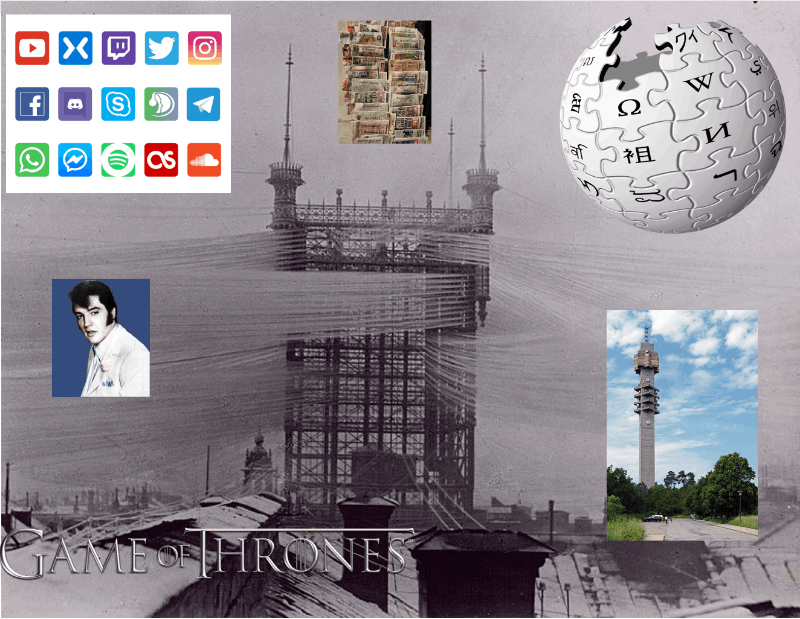AK2203 Media, Technology and Culture 7.5 credits

Questions about admittance and similar, please contact kursexp@abe.kth.se
Questions about content, please contact: linarahm@kth.se
How revolutionary is the ongoing digitalization, really? Can we just forget the old stuff or could there be something to pay attention to, and learn from? Hopefully, the course will answer the second question with a strong yes when we move between issues of present importance and media technologies and cultures of the past and look at both continuity and change.
The course contains lectures and seminars with a focus on technological change in the area of media technology, both historically and contemporary. The lectures are thematic with concrete examples. During the seminars there are active discussions based on the reading and text reflections, which are handed in before the seminar. These reflections are preparations for the essay which is the second part of the course. The essay is discussed during an opposition seminar in groups of four before the last version is handed in.
The course is given in English and the readings are in English. However, you are allowed to write your assignments in Swedish if you wish.
Choose semester and course offering
Choose semester and course offering to see current information and more about the course, such as course syllabus, study period, and application information.
Application
For course offering
Spring 2025 MMTOK programme students
Application code
60292
Content and learning outcomes
Course contents
The course contains lectures and seminars with a focus on technological change within the media area, both present and historic. The lectures deal with overarching issues concerning technological change and its consequences. The readings are discussed at the seminar, to which also a written reflection has to be submitted. Active involvement in the seminar is required. The written assignments prepare for the essay together with lectures, a plan for the essay and some supervision. The essay is also read and discussed in peer groups of four, where every one is assigned to be commentator on another essay.
Intended learning outcomes
In the course, technology and technological change are viewed as processes which are culturally, economically and socially construed and not given by nature. Such processes are analysed with the aid of some theoretical tools, the use and meaning of which are trained in the course.
After the course, the students should be able to:
define, explain and use the terms introduced in the course,
make comparisons between historical and present technology,
write a longer essay,
be able to give examples of and explain the causes and effects of some technical change in the media area
constructively critizise the work of fellow students and provide alternative suggestions
Literature and preparations
Specific prerequisites
120 credits academic studies in the field of Technical Science, Economics or equivalent and documented proficiency in English corresponding to English B.
Recommended prerequisites
Equipment
During a transition period, when the students at the mediatechnology programme are only Swedish, the course will be given in Swedish.
Literature
Litteraturen anslås minst fyra veckor före kursstart.
Examination and completion
If the course is discontinued, students may request to be examined during the following two academic years.
Grading scale
Examination
- SEM1 - Seminar, 3.5 credits, grading scale: A, B, C, D, E, FX, F
- UPP1 - Essay, 4.0 credits, grading scale: A, B, C, D, E, FX, F
Based on recommendation from KTH’s coordinator for disabilities, the examiner will decide how to adapt an examination for students with documented disability.
The examiner may apply another examination format when re-examining individual students.
Other requirements for final grade
Presence and participation in seminars, written reflections, and an essay
Opportunity to complete the requirements via supplementary examination
Opportunity to raise an approved grade via renewed examination
Examiner
Ethical approach
- All members of a group are responsible for the group's work.
- In any assessment, every student shall honestly disclose any help received and sources used.
- In an oral assessment, every student shall be able to present and answer questions about the entire assignment and solution.
Further information
Course room in Canvas
Offered by
Main field of study
Education cycle
Add-on studies
Contact
Supplementary information
If the number of applicants exceeds the number of available places, students enrolled in the degree programme in media technology are prioritized. Remaining places are distributed on a first come, first served basis.